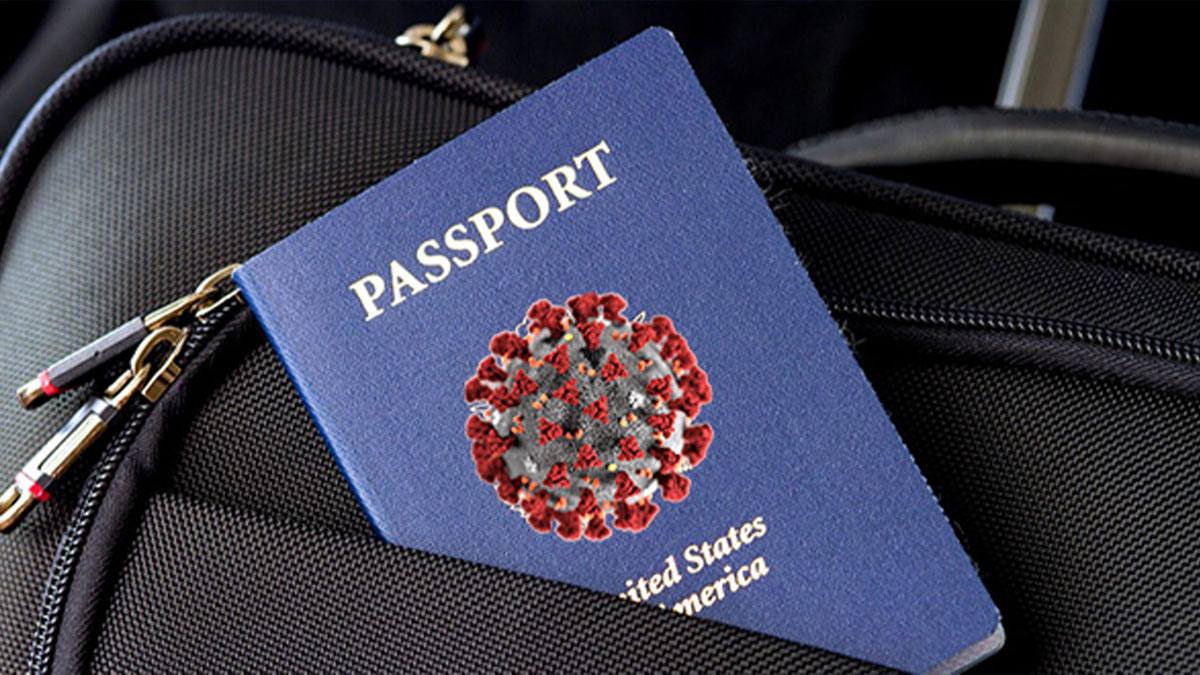Onfido planning to work on ‘immunity passports’; could rely on facial recognition technology

Facial recognition and biometric identification technology could play a role in how the still-controversial concept of ‘immunity passports’ might work. Though in the very initial stages, NHSX, the health service’s digital branch, is thinking about the idea and in what ways technology could be deployed.
The organization got a proposal (published via the parliamentary science and technology committee) from British biometric and digital identification company Onfido, that talks about how people could use a digital immunity passport to prove that they’re immune to coronavirus.
Speaking before the science and technology committee on Tuesday, NHSX CEO Matt Gould said that he’d been approached by a number of organizations about giving immunity passport technology, but said NHSX was in “the very early stages” of looking through the available options.
He said he “wouldn’t want the tech cart to come before the horse”, adding: “The science is a considerable way from being able to underpin something like that, so we are not at a point where we are building [immunity passports].”
In its proposal, Onfido depicts immunity passports as “the linchpin of new normality”, however, this is still contested, with the World Health Organisation issuing a warning against the idea as recently as last week, on the basis that the detection of antibodies alone shouldn’t serve as a basis for such an intervention. This is because scientists aren’t yet clear on how much of which antibodies will protect people from being infected again.
Onfido’s technology would work by combining an Onfido-approved digital identity (created by scanning your face) with an ‘immunity certificate’ issued by a national health service. The two would be integrated to make a different immunity passport, that could be shown on your personal device to gain access to various institutions. A similar approach was used in China, where citizens were assigned differently colored QR codes on the basis of Covid-19 exposure that had to be shown on entry to public places, as well as being scanned to track movement around the city.


